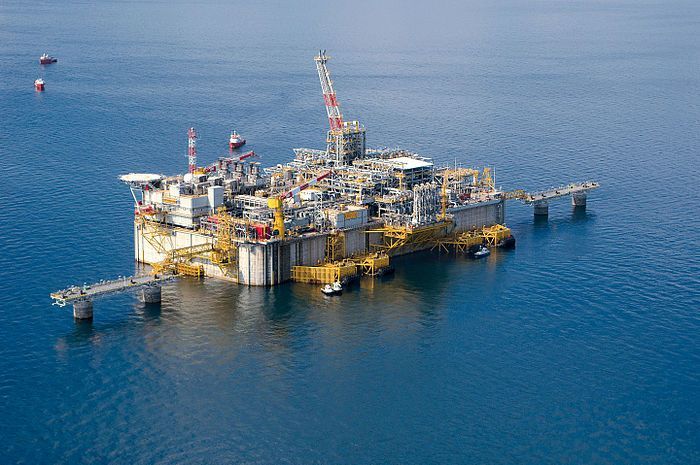Case Study:
WinPCS for the Commissioning and Completion of a Major LNG Project
Introduction:
WinPCS is a software package that helps streamline the commissioning and completion process for large-scale projects. This case study describes how WinPCS was used on a major liquefied natural gas (LNG) project to manage the commissioning and completion process, improving efficiency and ensuring a successful project outcome.
Background:
The project involved the construction of a new LNG facility that would process and liquefy natural gas for export. The project was expected to take four years and cost approximately $5 billion.
The challenge was to manage the commissioning and completion process efficiently, reduce downtime, minimize costs, and ensure quality. The traditional method of tracking commissioning and completion progress using spreadsheets was deemed insufficient due to the complexity of the project.
Solution:
The project team decided to implement
WinPCS as a solution. The software was installed on all project computers, and the team was trained in its use. The WinPCS system was then customized to fit the specific requirements of the project.
The software allowed the project team to track the progress of individual systems and sub-systems in real-time, with the ability to drill down into each component and see its status. This allowed the team to quickly identify problems and take corrective action. The software also enabled the project team to track progress against the original plan and adjust timelines and budgets accordingly.
Results:
Using
WinPCS, the project team was able to streamline the commissioning and completion process, reducing downtime and ensuring quality. The real-time tracking of individual systems and sub-systems allowed the team to quickly identify issues and resolve them, reducing the time and cost associated with rework.
The software also allowed the project team to optimize the commissioning and completion process, identifying opportunities to accelerate certain aspects of the project while maintaining quality.
The use of WinPCS resulted in significant time and cost savings, improved efficiency, and a successful project outcome. The project was completed on time, within budget, and to the satisfaction of all stakeholders.
Conclusion:
WinPCS is a powerful tool that can help to manage the commissioning and completion process for large-scale LNG projects. By providing real-time tracking of progress and identifying issues, it allows project teams to take corrective action quickly, reducing downtime and costs.
In this case study, the use of WinPCS resulted in significant time and cost savings, improved efficiency, and a successful project outcome. As such, it is highly recommended for use on similar large-scale projects in the LNG industry.

